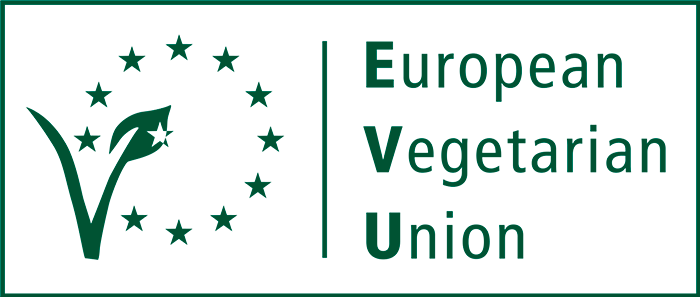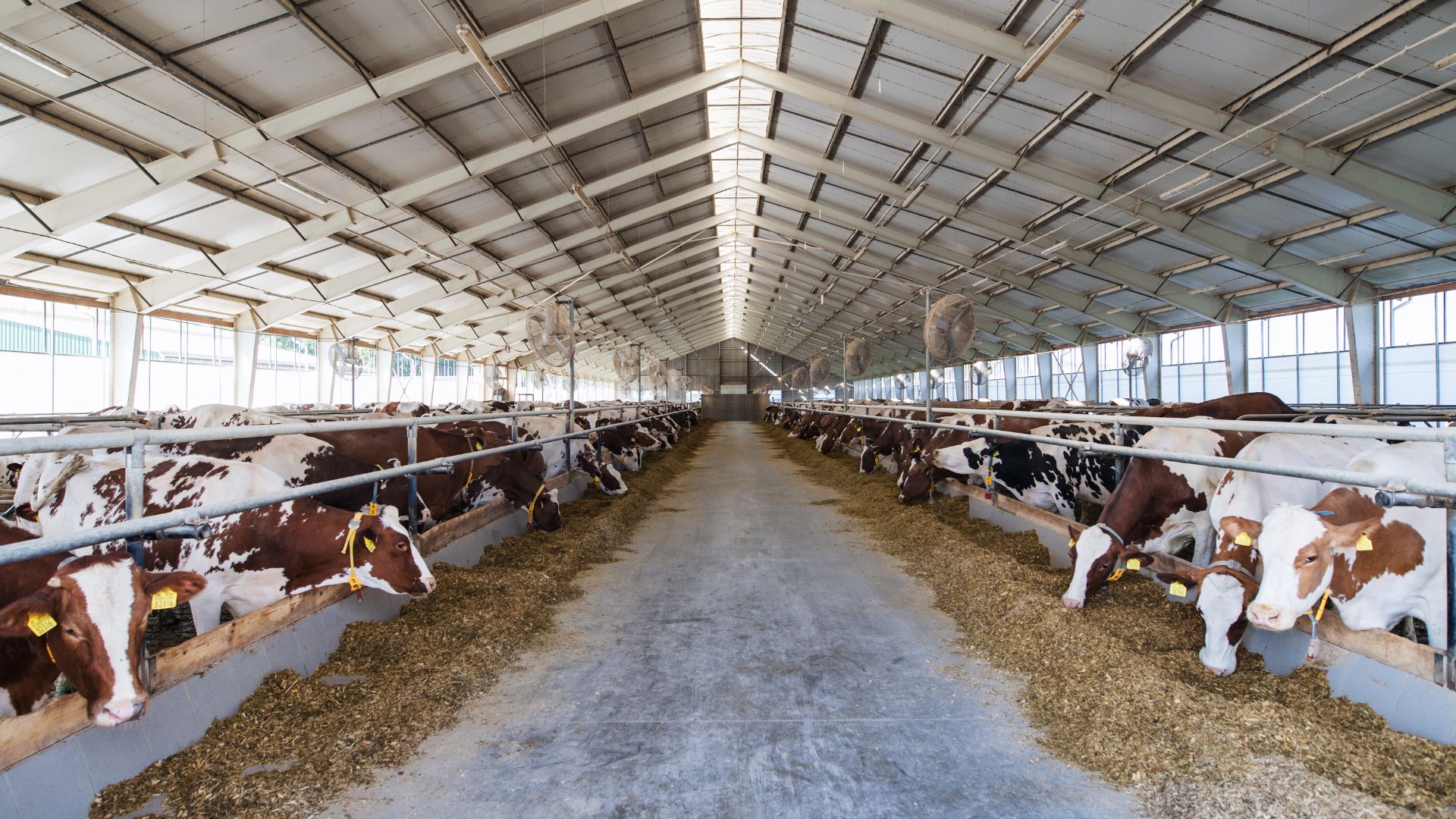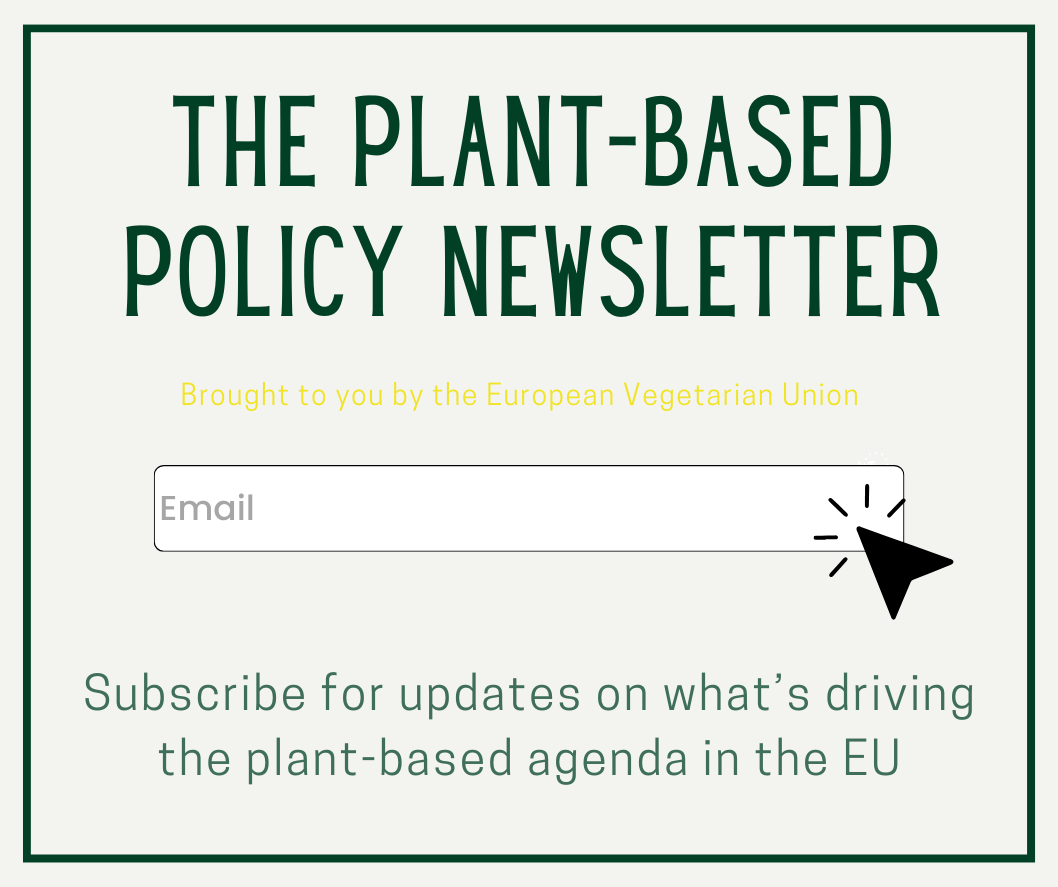The pervasive influence of the meat and dairy lobby on government policies and regulations within the European Union has been brought to light in a recent study conducted by Stanford University. The study shines a spotlight on how lobbying efforts have curbed the growth of plant-based alternatives with lighter climate and environmental footprints. As the urgency of addressing climate change becomes inevitable, it’s crucial to counterbalance the sway of these powerful interest groups and promote sustainable dietary shifts.
Livestock production is a very significant contributor to harmful emissions and deforestation, which are exacerbating the climate crisis. To combat these environmental challenges, dietary changes are a high-potential solution, with a reduction in meat consumption being a focal point.
The Stanford study delved into agricultural policies and analysed support for both meat products and innovative plant-based alternatives. The researchers discovered that governmental funding heavily favoured traditional livestock and feed production systems over nascent alternatives, stifling competition and innovation. Moreover, regulatory hurdles and lobbying against plant-based foods were noted, indicating a systemic resistance to change.
The numbers speak volumes. In the EU, livestock farmers received approximately 1,200 times more public funding and three times more lobbying money compared to their plant-based counterparts. Moreover, plant-based alternatives got just 0.1% of total public money spent on meat. The authors showed that up to 50% of profits made by meat producers came from subsidies. Marco Contiero from Greenpeace describes the ‘Big Meat lobby’ as being ‘’just as toxic as Big Tobacco or Big Oil and climate-change denial.’’.
Recently, the Science Advice for Policy of European Academies (the organisation responsible for scientifically advising the European Commission), highlighted the fact that meat industry representative bodies obstructed public discourse on the negative impacts of meat consumption. Furthermore, parallels have been observed between tactics used by major players in the meat sector and the strategies of other politically powerful industries which were subsequently heavily regulated due to desirable social transitions, including most notably the tobacco and fossil fuel industry.
The meat lobby itself is shrouded in opaque organisational structures, with a recent POLITICO investigation, raising questions about the representation of Europe’s agricultural workers. While the Copa-Cogeca farming lobby claims to speak for over 22 million European farmers, the investigation showed that the lobby group – which wields substantial power in policymaking – has consistently prioritised the interests of industrial-scale farming and agrochemical companies ‘’over those of small-scale and environmentally conscious farmers’’. This lobbying dominance and representational imbalance leaves many voices unheard and results in policies that don’t actually align with the diverse needs of Europe’s farming community.
The implications of this influence are profound. For instance, subsidies continue to incentivise farmers to maintain large herds and increase production, while regulations prohibit alternative products from using familiar terms like “soy milk” or “plant-based cheese’’ for example. The recent French government decision to ban the use of terms traditionally associated with meat products for plant-based alternative foods has now been challenged by the European Vegetarian Union and referred to the European Court of Justice.
To ensure a level playing field for alternative meat products, emphasis must be made on the legislative level, with policies that reflect the environmental costs of meat, increased investment in research, and better consumer education through dietary guidelines.
As the evidence mounts, it’s imperative to confront the powerful meat and dairy lobby’s hold on policies and regulations. With the climate crisis escalating, the need for sustainable dietary changes is more urgent than ever. By challenging the status quo and fostering innovation, the European Union can lead the way in embracing plant-based solutions that are environmentally responsible and align with a healthier future for the planet and its inhabitants.


